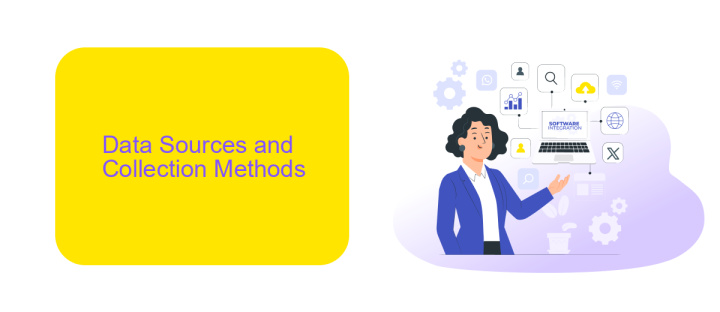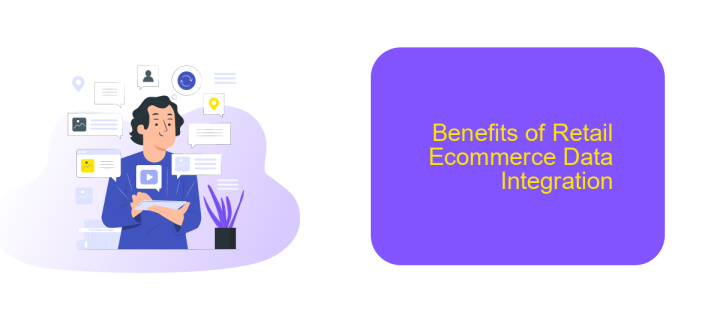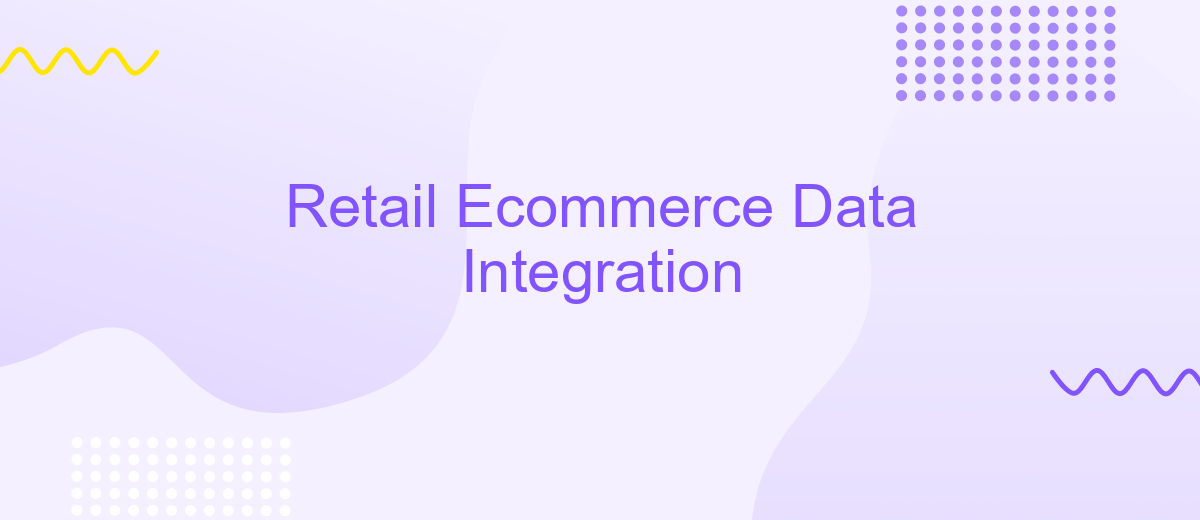Retail Ecommerce Data Integration
In today's competitive retail landscape, seamless integration of ecommerce data is crucial for business success. Retailers must efficiently manage vast amounts of data from various online platforms to optimize operations, enhance customer experiences, and drive sales. This article explores the importance of retail ecommerce data integration, its challenges, and the innovative solutions that can help businesses stay ahead in the digital marketplace.
Introduction
In the modern retail landscape, ecommerce data integration has become a critical component for businesses aiming to streamline operations and enhance customer experiences. By integrating various data sources, retailers can make informed decisions, optimize inventory management, and personalize marketing strategies. This integration not only fosters efficiency but also drives growth and competitive advantage.
- Improved data accuracy and consistency
- Enhanced customer insights and personalization
- Streamlined operations and reduced manual processes
- Better inventory management and demand forecasting
One of the tools that facilitate seamless ecommerce data integration is ApiX-Drive. This service allows businesses to connect various applications and automate data transfer between them without requiring extensive technical expertise. By leveraging ApiX-Drive, retailers can ensure their systems are always synchronized, leading to more efficient workflows and improved overall performance.
Data Sources and Collection Methods

Retail ecommerce data integration relies on various data sources to ensure a seamless flow of information across platforms. Key data sources include customer databases, inventory management systems, sales channels, and marketing platforms. Each source provides unique insights that are essential for a comprehensive understanding of business operations. For instance, customer databases offer valuable information on purchasing behavior, while inventory systems help track stock levels in real-time. Sales channels, such as online stores and marketplaces, contribute data on transaction volumes and trends, whereas marketing platforms provide metrics on campaign performance and customer engagement.
To collect and integrate data from these diverse sources, businesses often employ specialized tools and services. ApiX-Drive is one such service that simplifies the integration process by offering a user-friendly interface to connect various data sources without the need for extensive coding. It allows businesses to automate data collection and synchronization, ensuring that all systems are up-to-date and consistent. By leveraging tools like ApiX-Drive, companies can achieve more efficient data management, leading to better decision-making and enhanced operational efficiency.
Data Integration Challenges and Solutions

Integrating data in retail ecommerce presents several challenges, including data inconsistency, system incompatibility, and real-time data synchronization. These issues can lead to inaccurate reporting, operational inefficiencies, and poor customer experiences.
- Data Inconsistency: Different data formats and standards across platforms can result in mismatched information.
- System Incompatibility: Legacy systems may not communicate effectively with modern applications.
- Real-Time Data Synchronization: Ensuring data is updated across all systems in real-time can be complex and resource-intensive.
To address these challenges, businesses can use integration platforms like ApiX-Drive, which automate and streamline data transfers between systems. ApiX-Drive supports various ecommerce platforms, ensuring data consistency and compatibility. By leveraging such tools, retailers can achieve seamless data integration, leading to improved operational efficiency and enhanced customer satisfaction.
Benefits of Retail Ecommerce Data Integration

Integrating retail ecommerce data offers numerous advantages for businesses. By consolidating data from various sources, retailers can gain a comprehensive view of their operations, enabling better decision-making and improved customer experiences. This integration streamlines processes, reduces manual errors, and enhances overall efficiency.
With a unified data system, retailers can easily track inventory, manage orders, and analyze sales trends in real-time. This helps in optimizing stock levels, preventing overstocking or stockouts, and ensuring timely fulfillment of customer orders. Moreover, integrated data provides valuable insights into customer behavior, allowing for personalized marketing strategies and improved customer retention.
- Enhanced operational efficiency
- Real-time inventory management
- Improved customer insights
- Personalized marketing strategies
- Reduced manual errors
Services like ApiX-Drive facilitate seamless data integration by connecting various ecommerce platforms and applications. This allows retailers to automate workflows, synchronize data across multiple systems, and focus on core business activities. Ultimately, retail ecommerce data integration drives growth, efficiency, and customer satisfaction.
- Automate the work of an online store or landing
- Empower through integration
- Don't spend money on programmers and integrators
- Save time by automating routine tasks
Best Practices for Data Integration
Effective data integration in retail ecommerce requires a strategic approach to ensure seamless operations. Start by identifying key data sources and mapping out the data flow between systems. Prioritize data accuracy and consistency by implementing data validation rules and regular audits. Utilize middleware platforms like ApiX-Drive to automate data transfers and minimize manual errors. ApiX-Drive offers easy-to-use tools for connecting various ecommerce platforms, CRMs, and marketing applications, streamlining the integration process.
Data security is paramount, so ensure that all integrated systems comply with industry standards and regulations. Implement robust encryption methods and access controls to protect sensitive information. Regularly monitor and update your integration settings to adapt to changing business needs and technological advancements. By following these best practices, you can achieve a more efficient, secure, and scalable data integration process, ultimately enhancing your retail ecommerce operations.
FAQ
What is Retail Ecommerce Data Integration?
Why is data integration important for ecommerce businesses?
What are the challenges faced in Retail Ecommerce Data Integration?
How can I automate data integration for my ecommerce store?
What should I consider when choosing a data integration tool for my ecommerce business?
Time is the most valuable resource for business today. Almost half of it is wasted on routine tasks. Your employees are constantly forced to perform monotonous tasks that are difficult to classify as important and specialized. You can leave everything as it is by hiring additional employees, or you can automate most of the business processes using the ApiX-Drive online connector to get rid of unnecessary time and money expenses once and for all. The choice is yours!


